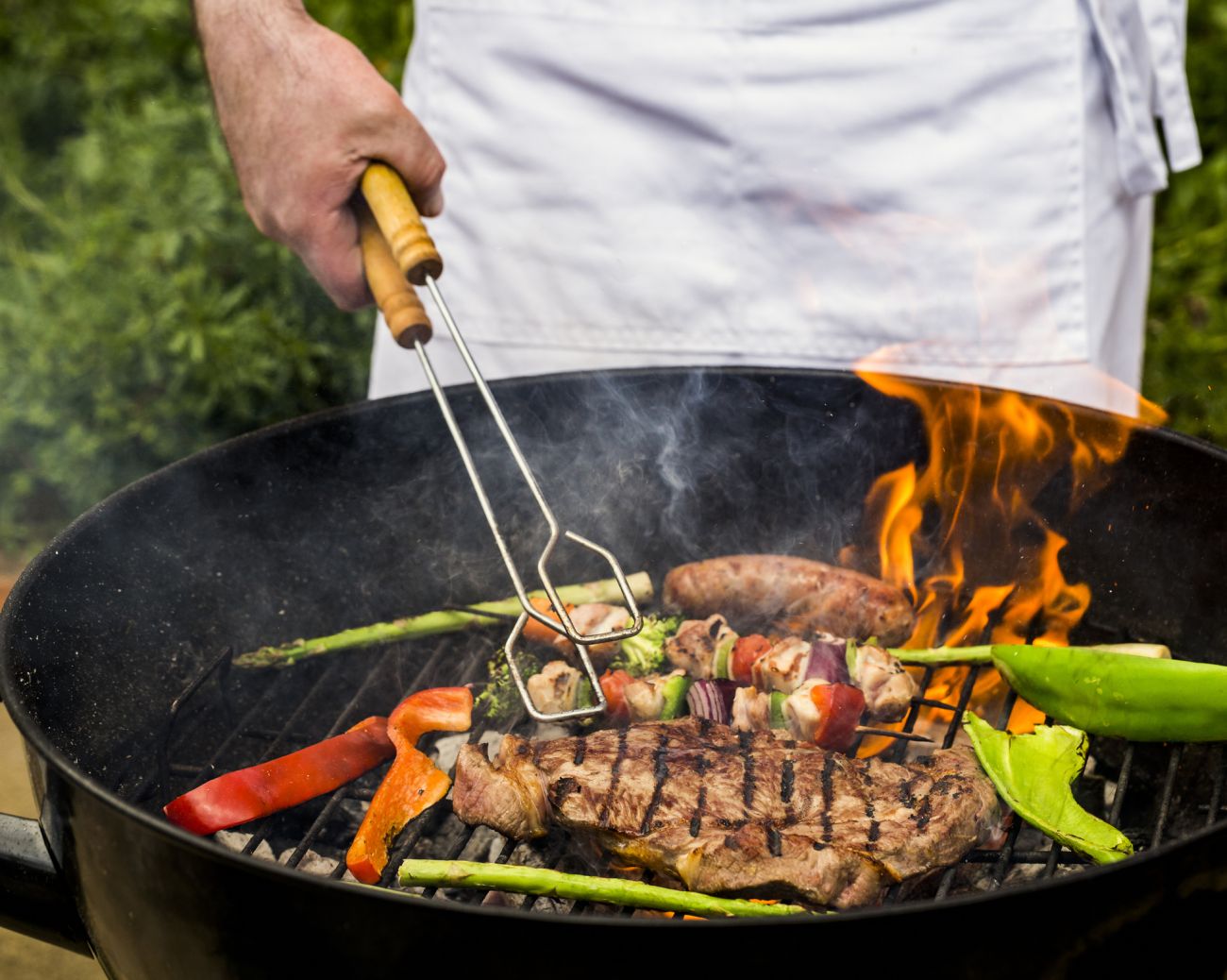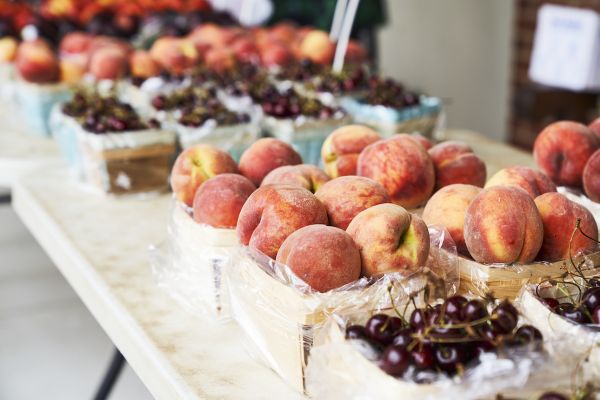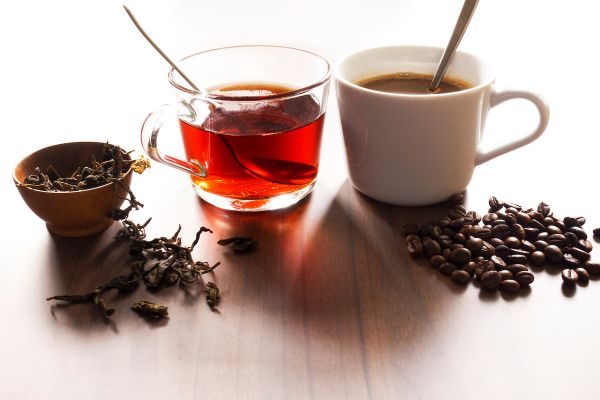How to make summer grilling healthier, safer and delicious
Nothing says summer like the smell and sizzle of a backyard barbecue. Whether it’s steak or burgers, chicken or fish or seasonal vegetables, the smoky aroma and flavors of fresh food hitting a hot grill are something many of us look forward to enjoying. Unfortunately, some risks may come with this popular pleasure.
What are HCAs and PAHs?
Grilling meats — including beef, pork, fish or poultry — at high temperatures results in the formation of chemicals called heterocyclic amines (HCAs) and polycyclic aromatic hydrocarbons (PAHs). According to the National Cancer Institute, HCAs and PAHs have been found to be mutagenic, which means they cause changes in DNA that may increase the risk of cancer.
“In epidemiology studies, increased risks have been observed with frequent consumption and larger portion sizes of well-done or charred meat cooked at high temperatures,” says Christine Ambrosone, PhD, Chair, Cancer Prevention and Control and The Jayne and Phil Hubbell Family Endowed Chair in Cancer Prevention at Roswell Park Comprehensive Cancer Center. “HCAs are formed when meat (beef, pork, lamb or chicken) is cooked to well-done, so less cooking time at lower temperatures will reduce HCA levels. PAHs result from charring meat, so either not getting char on the meat or scraping off the burnt bits will help to reduce PAHs.”
Get more nutrition tips
Watch videos from our team on topics relating to nutrition and cancer.
How to reduce your cancer risk
Moderation is key. “The occasional barbecue is not going to increase cancer risk,” says Dr. Ambrosone, who notes that maintaining a healthy weight is also important. Sugary beverages like soda, often part of a barbecue menu, should be avoided. Alcohol consumption is also associated with cancer risk, so if you do drink, keep consumption moderate. Dr. Ambrosone encourages balancing meals so that meat does not play a central role. “Keep your plate colorful with a variety of fresh vegetables and whole grains. Fish and chicken are probably better options for animal protein, but we can also get enough protein from whole grains eaten with legumes, such as beans or lentils.” Reduce your risks with these easy tips:
- Flavor with herbs and spices. Some herbs and spices contain oils and compounds that can help prevent the formation of HCA and PAH. Rosemary, for example, has been found to lower HCA formation by up to 90%. Other helpful herbs include basil, thyme, sage and oregano. Fresh garlic is another tasty ingredient for healthy grilling practices. When used in marinades, it can decrease HCA formation by up to 70%.
- Use marinades. Acid-based marinades containing vinegar, lemon or lime juice, wine, yogurt and even dark beer can enhance the flavor and texture of whatever you’re cooking while reducing HCA formation by as much as 99%.
- Don't overcook. Higher heats and longer cooking times will produce more HCAs and PAHs. In fact, blackened and charred meat contains three and a half times more HCAs than medium-rare meat.
- Select high-quality meat, poultry and fish. Opt for whole cuts, such as steaks; chicken breasts, legs and thighs; ribs; fresh fish and seafood rather than processed cuts of meat. Avoid prepackaged burgers that may include preservatives and fillers, and make your own instead, using freshly ground beef, lamb, pork, bison, chicken or turkey. If you are grilling sausages, look for versions that contain only fresh ingredients. Choose leaner cuts of meat. More fat on the meat means more fat dripping into the grill, which causes greater PAH formation.
- Grill fresh vegetables and fruit. Happily, grilled vegetables and fruit do not produce HCAs. Try a variety of seasonal vegetables, including asparagus, corn, zucchini, yellow summer squash, peppers, leeks, cauliflower, onions, and garlic, and fruit such as pineapple, peaches, bananas, apples and watermelon. To keep fruit from sticking, brush with a bit of olive oil or avocado oil. Avoid charring produce by grilling over indirect heat, since burning vegetables can form carcinogens like benzopyrene, which is found in larger amounts of cigarette smoke.
Easy recipes for healthy summer grilling
Beer & Herb Marinade
(for beef, chicken or pork)
½ c. olive oil
1 c. dark beer
¼ c. lemon juice
4 cloves garlic, smashed
1½ tsp. sea salt
1 tsp. freshly ground black pepper
2 bay leaves
1 tsp. dry mustard
1 tsp. basil
1 tsp. oregano
1 tsp. thyme
Whisk together the oil, beer and lemon juice. Add the garlic, bay leaves, mustard, basil, oregano and thyme. Mix well. Season meat with salt and pepper and place in a BPA-free plastic bag. Pour in marinade, seal bag and let sit in the refrigerator 15 – 60 minutes before cooking.
Grilled Watermelon Salad
½ 5-pound seedless watermelon
Extra virgin olive oil
Coarse salt
2 c. baby arugula, washed and dried
1 c. goat cheese, crumbled
Freshly ground black pepper
Stand the watermelon cut side down on a cutting board and slice away the rind, leaving a solid block of melon. Turn the block on its side and cut into eight squares, roughly 3 x 3 inches and 1 inch thick. Pour the vinegar into a small saucepan and bring to a simmer over medium-high heat. Cook until reduced to the consistency of a thick syrup. Set aside. Heat a nonstick grill pan over medium-high heat, or heat outdoor grill. Lightly brush watermelon slices with oil to thinly coat, and place on hot grill. Grill each side about 2 minutes until grill marks appear; transfer to a plate and season with salt. To assemble the salad, put about 1/4 cup of arugula on each plate, followed by a grilled slice of watermelon in the center, and top with a tablespoon of crumbled cheese and another 1/4 cup arugula. Add another watermelon slice, followed by another tablespoon of cheese. Repeat with remaining ingredients. Finish each salad with a light drizzle of oil and balsamic syrup. Dust with black pepper and serve.




